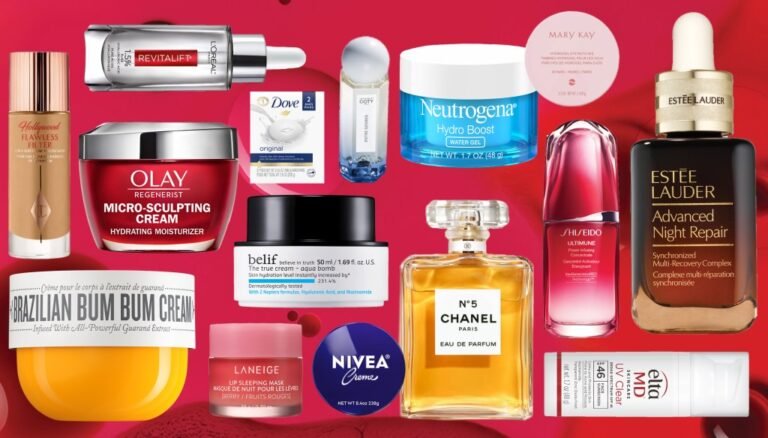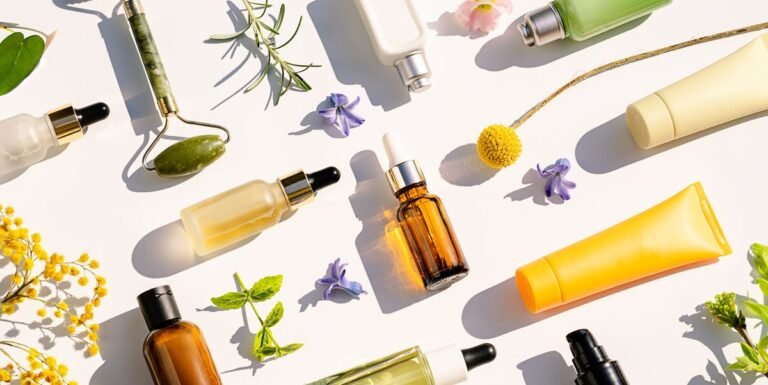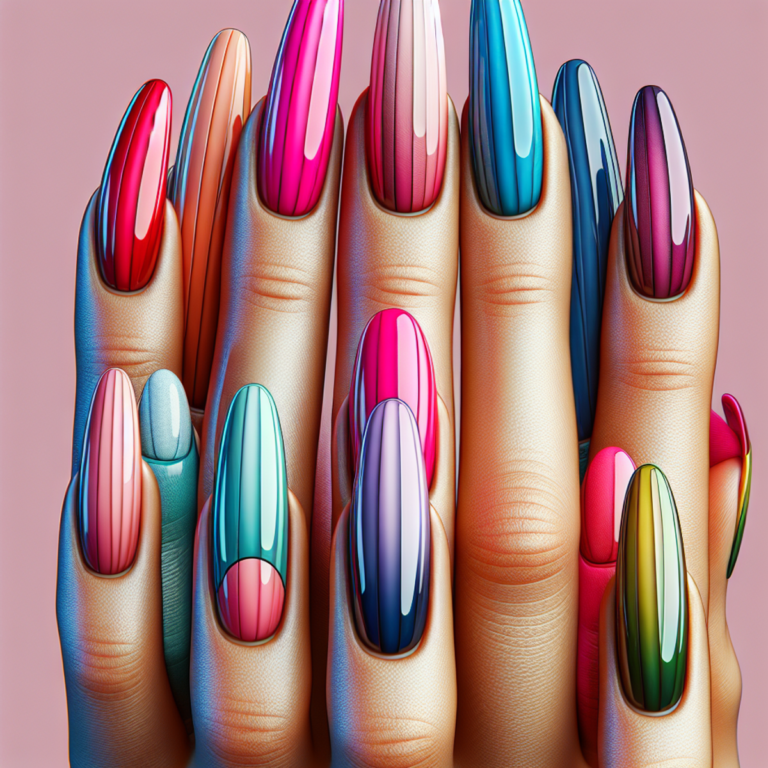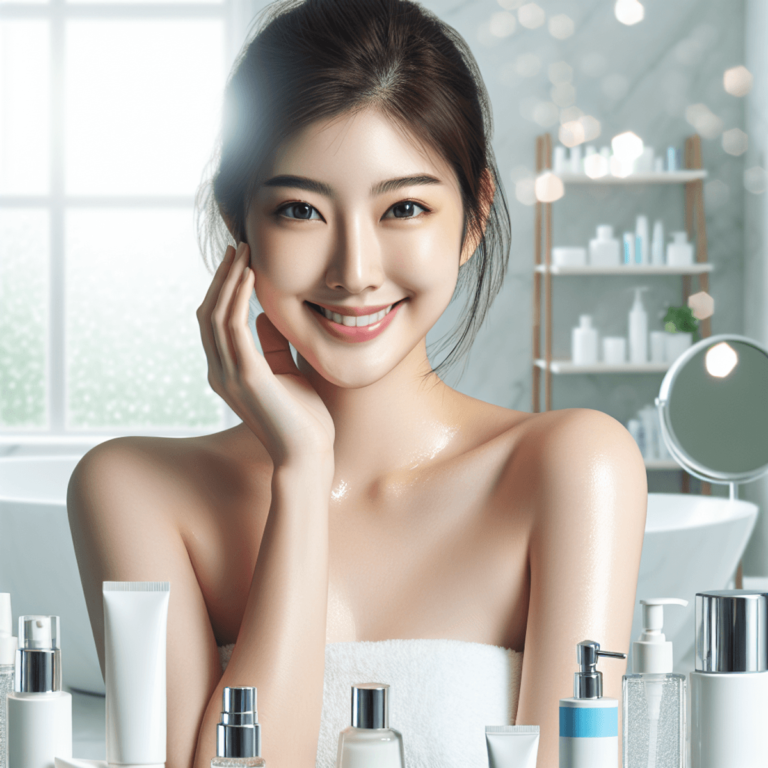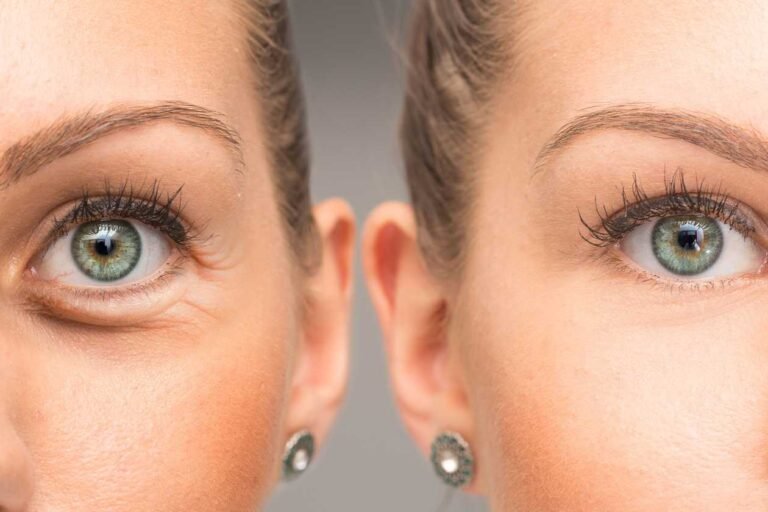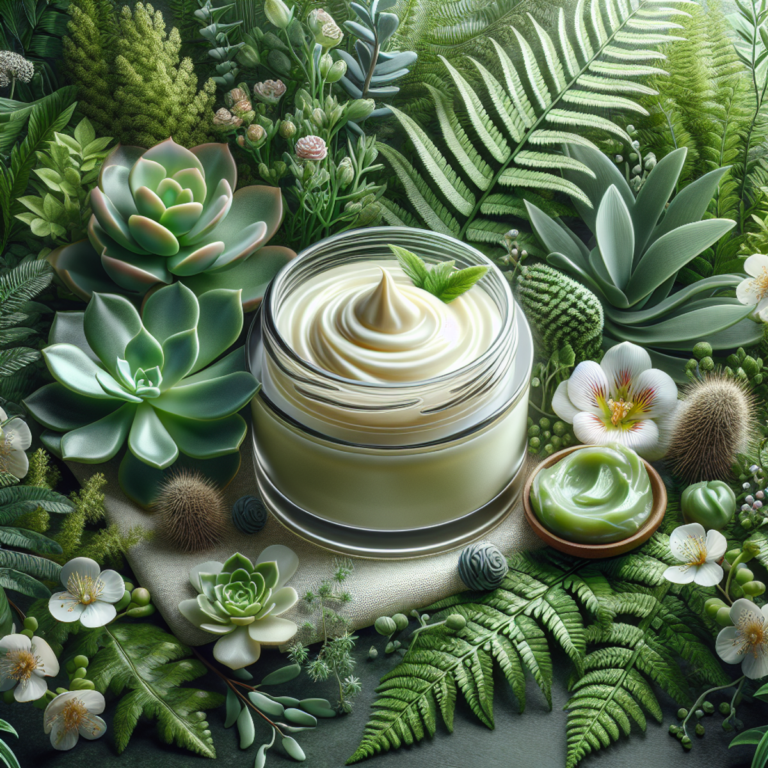How to Stop a Pimple from Forming
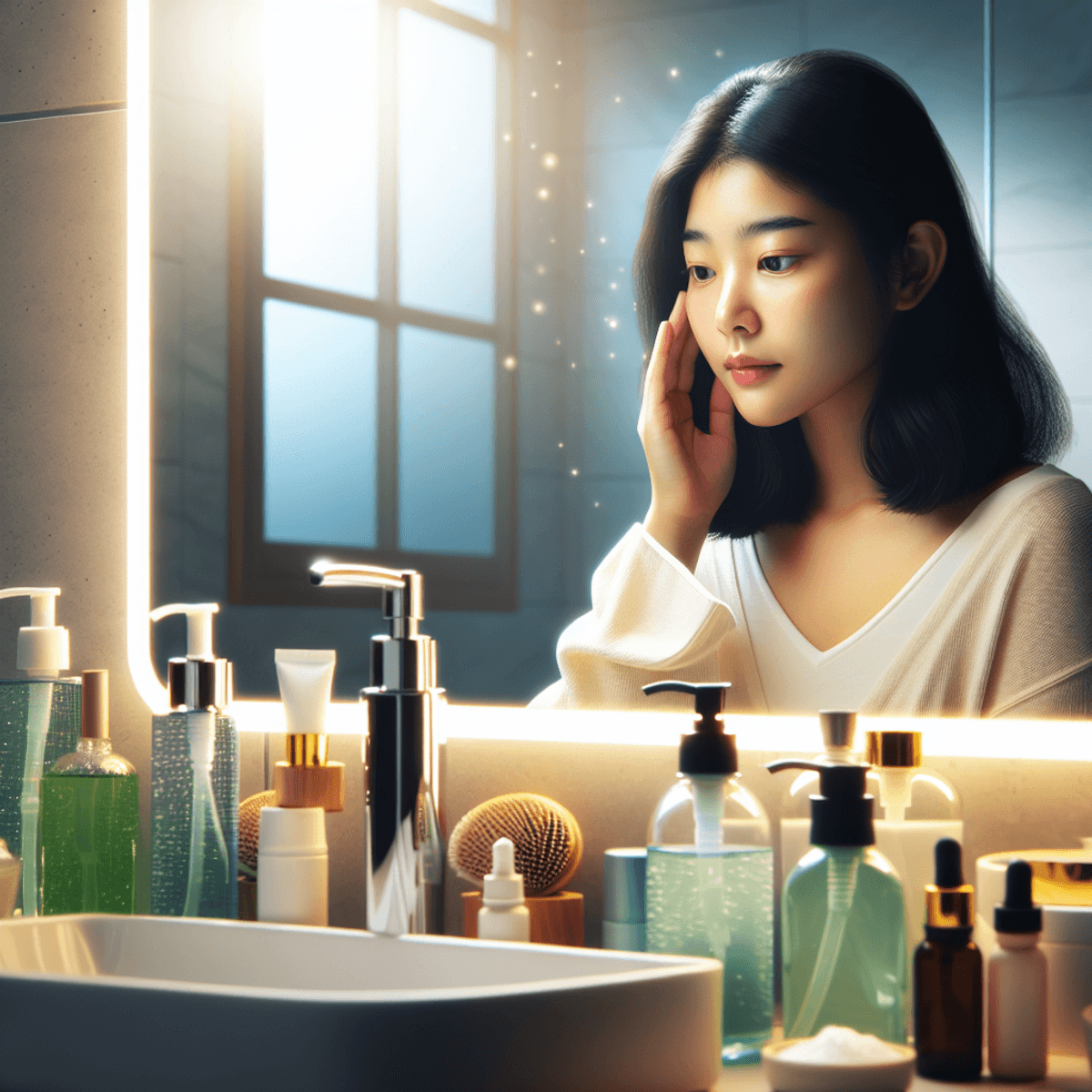
Introduction
Pimples are a common skin concern that can significantly impact overall skin health and self-esteem. Acne, the underlying cause of pimple formation, occurs when oil glands connected to hair follicles become inflamed. This results in pus-filled bumps that can lead to discomfort and scarring if not managed properly.
Understanding how to stop a pimple from forming is crucial for maintaining clear skin. Effective strategies include:
- Comprehensive skincare routine: Establishing a daily regimen that focuses on cleansing, moisturizing, and protecting the skin.
- Lifestyle changes: Making dietary adjustments, managing stress levels, and ensuring adequate sleep can help balance hormones and reduce breakouts.
- Professional treatments: Seeking guidance from a dermatologist for persistent issues may provide personalized solutions.
In this article, we will explore these strategies in detail to empower you with knowledge and practical tips for acne prevention. By implementing these approaches, you can take proactive steps toward achieving clearer skin and enhancing your confidence.
Understanding Pimple Formation
Acne is a skin condition that manifests through the formation of pimples, which are typically red, inflamed bumps filled with pus. This occurs when oil glands, connected to hair follicles, become clogged and subsequently inflamed. The process begins when excess oil (sebum) production increases in the skin. This oil, along with dead skin cells, can block hair follicles, creating an environment ripe for bacteria growth.
Role of Oil Glands and Hair Follicles
- Oil Glands: These glands secrete sebum to keep skin hydrated. However, excessive production can lead to clogged pores.
- Hair Follicles: Each follicle contains a hair and is lined with skin cells. When these cells shed and combine with excess oil, they can obstruct the follicle opening.
The blockage fosters an inflammatory response from the body as it attempts to combat the bacteria thriving in this environment. As a result, you may see redness, swelling, and pus formation.
Common Triggers for Pimple Development
Several factors can contribute to pimple formation:
- Hormonal Changes: Fluctuations during puberty, menstruation, or hormonal therapy can increase sebum production.
- Diet: High glycemic index foods and dairy have been linked to acne flare-ups. Foods that spike blood sugar levels may trigger increased oil production.
- Stress: Elevated stress levels lead to increased cortisol production. This hormone can stimulate oil glands, exacerbating acne conditions.
Understanding these elements helps you take proactive steps in prevention. Identifying personal triggers allows for tailored adjustments in skincare and lifestyle choices crucial for maintaining clear skin.
Risk Factors for Developing Pimples
Understanding the risk factors associated with pimple formation can empower you to take proactive measures in your skincare routine.
Hormonal Influence
Hormonal imbalances are a significant factor in acne severity, particularly during:
- Puberty: Increased androgen production stimulates oil glands, leading to clogged pores and breakouts.
- Menstrual Cycles: Fluctuations in hormones like estrogen and progesterone can heighten oil production, triggering pimples right before menstruation.
Genetic Predisposition
Your family history plays a crucial role in determining your skin’s susceptibility to acne. If you have relatives who experience persistent breakouts, it’s likely that you may encounter similar challenges. Understanding this genetic connection can help you identify the need for tailored skincare strategies.
Medications Impact
Certain medications can adversely affect skin health, contributing to pimple development. Key examples include:
- Steroids: These can stimulate oil gland activity.
- Hormonal Treatments: Birth control pills or hormone replacement therapies may also influence acne severity.
Recognizing these risk factors is essential for developing effective strategies on how to get rid of pimples. Whether you’re seeking immediate solutions like how to get rid of pimples overnight or considering long-term management options, understanding your unique triggers will guide your approach.
Adopting a comprehensive skincare routine while being mindful of these influences can significantly reduce the likelihood of breakouts. By addressing hormonal changes, considering family history, and evaluating medication effects, you position yourself better for clearer skin.
Daily Skincare Routine for Prevention
A consistent skincare routine plays a vital role in preventing pimples and maintaining overall skin health. The foundation of this routine lies in cleansing and moisturizing, both of which are crucial for keeping the skin balanced and free from breakouts.
Importance of Cleansing
- Frequency: Cleansing your face twice daily is essential. This helps to remove dirt, excess oil, and impurities that accumulate throughout the day and night.
- Gentle Cleanser: Choose a gentle cleanser that won’t strip your skin’s natural moisture barrier. Harsh cleansers can lead to dryness, prompting your skin to produce more oil, which may trigger acne.
- Technique:
- Use lukewarm water, as hot water can irritate the skin.
- Apply the cleanser using circular motions for about 30 seconds.
- Rinse thoroughly to ensure no residue is left behind.
Benefits of Non-Comedogenic Moisturizers
- Hydration Without Clogging Pores: Non-comedogenic moisturizers maintain hydration without causing breakouts. They are formulated not to block pores, making them ideal for acne-prone skin.
- Skin Types:
- For oily skin, lightweight gel formulas are preferred.
- For dry skin, look for cream-based moisturizers containing ingredients like hyaluronic acid or glycerin to nourish without clogging pores.
Tips for Effective Cleansing Techniques
To avoid irritation and promote healthy skin turnover:
- Avoid Scrubbing: Gentle cleansing is key. Scrubbing can lead to micro-tears in the skin and exacerbate inflammation.
- Pat Dry: After washing your face, gently pat it dry with a clean towel rather than rubbing it.
- Timing Matters: Aim to cleanse your face right after workouts or heavy sweating sessions to prevent clogged pores.
- Regular Product Changes: If you notice increased breakouts after trying new products, consider switching back to what worked previously.
Incorporating these practices into your daily routine not only helps in managing existing breakouts but also reduces the likelihood of new pimples forming. Understanding how to remove pimples naturally and permanently involves establishing a solid foundation with effective cleansing and moisturizing strategies.
By prioritizing these elements within your skincare regimen, you pave the way toward clearer skin while enhancing its overall health and resilience against future breakouts.
Spot Treatments for Emerging Pimples
When a pimple is already forming, using targeted treatments can help minimize its appearance and speed up healing. Two of the most effective ingredients in spot treatments are salicylic acid and benzoyl peroxide.
Salicylic Acid
Salicylic acid is a beta hydroxy acid (BHA) known for its ability to penetrate deep into the pores.
Benefits of Salicylic Acid
- Dissolves dead skin cells, preventing them from clogging pores.
- Unclogs existing blockages, making it easier for your skin to breathe.
- Reduces inflammation and redness associated with pimples.
This ingredient works effectively on emerging pimples by targeting the root cause of acne within the pore itself, allowing for quicker resolution of blemishes.
Benzoyl Peroxide
Benzoyl peroxide is an antibacterial agent that targets the bacteria responsible for acne.
Benefits of Benzoyl Peroxide
- Kills Propionibacterium acnes, the bacteria that contribute to acne formation.
- Helps to dry out excess oil on the skin, reducing the likelihood of future breakouts.
- Provides a mild peeling effect, which aids in shedding dead skin cells, further preventing clogged pores.
Utilizing benzoyl peroxide in your skincare routine can be particularly effective when you feel a pimple forming beneath the surface.
Application Tips
- Apply these treatments directly onto the affected area after cleansing the skin.
- Use sparingly; a little goes a long way to avoid irritation.
- Consider alternating between salicylic acid and benzoyl peroxide based on your skin’s response, especially if you have sensitive skin.
Incorporating these spot treatments into your skincare regimen can significantly improve your ability to manage emerging pimples. The right application techniques and understanding how each ingredient works will empower you to take control of your skin health.
Lifestyle Changes to Reduce Pimples
Making strategic lifestyle adjustments can significantly help in reducing the occurrence of pimples. Two key areas to focus on are diet considerations, stress management, and hygiene practices.
Dietary Adjustments
Certain foods can worsen acne for some individuals. Consider the following dietary changes:
- Lower High Glycemic Index Foods: Foods with a high glycemic index, such as white bread, sugary snacks, and processed cereals, can spike insulin levels. This increase may lead to more oil production in the skin, contributing to pimple formation. Opt for whole grains and complex carbohydrates instead.
- Reduce Dairy Intake: Some studies suggest a link between dairy products and acne breakouts. Milk and cheese may trigger hormonal responses that worsen acne. If you suspect dairy might be impacting your skin, try reducing or eliminating these products from your diet.
Stress Management
Stress plays a crucial role in hormone fluctuations that can lead to increased oil production. Implementing stress reduction techniques can help maintain balanced hormone levels:
- Meditation: Practicing mindfulness meditation helps calm the mind and reduce cortisol levels. Regular meditation sessions can contribute to overall emotional well-being.
- Exercise: Physical activity is not only beneficial for general health but also an effective stress reliever. Aim for at least 30 minutes of moderate exercise most days of the week to promote endorphin release and improve mood.
- Getting Enough Sleep: Lack of sleep can increase stress hormones in the body. Establish a regular sleep schedule and aim for 7-9 hours each night to support skin health.
Hygiene Practices
Maintaining proper hygiene is crucial in preventing breakouts:
- Regularly Clean Personal Items: Ensure that items like makeup brushes and phone screens are cleaned regularly to reduce bacteria transfer onto your skin.
- Avoid Tight Clothing: Wearing tight-fitting clothing can trap sweat and oil, leading to clogged pores. Choose breathable fabrics that allow your skin to breathe.
Incorporating these lifestyle changes can create a supportive environment for clearer skin while minimizing the risk of pimple formation.
Makeup Choices that Prevent Breakouts
Selecting the right makeup products can significantly impact skin health, especially for those prone to acne. Non-comedogenic makeup is designed to avoid clogging pores, making it a smart choice for preventing breakouts. Here are some key benefits of using non-comedogenic options:
1. Minimized Risk of Breakouts
Non-comedogenic formulas reduce the likelihood of pore blockages, which are a primary cause of acne. This means you can enjoy wearing makeup without exacerbating existing skin issues.
2. Gentler on Sensitive Skin
Many non-comedogenic products are formulated with fewer irritants. This gentler approach helps maintain skin balance and minimizes irritation, particularly important for sensitive or acne-prone skin.
3. Suitable for All Skin Types
Whether you have oily, dry, or combination skin, there are non-comedogenic options available. These products cater to various skin concerns while ensuring your complexion remains clear.
When shopping for makeup, consider checking labels for terms such as “oil-free” and “non-acnegenic.” Avoid heavy or pore-clogging cosmetics that can lead to unwanted blemishes. Make an effort to clean your brushes regularly to prevent bacteria buildup and additional breakouts. Prioritize your skin’s health by choosing products that enhance rather than hinder it.
Environmental Factors Affecting Skin Health
Environmental factors play a significant role in the health of your skin. Two major elements include pollution and temperature fluctuations.
Pollution’s Impact
- Airborne pollutants can infiltrate the skin, leading to oxidative stress. This process generates free radicals that exacerbate inflammation, which is a key contributor to acne formation.
- Pollutants can obstruct pores and promote an imbalance in skin flora, leading to increased breakouts.
- Regular cleansing becomes essential in polluted environments. A daily routine focused on removing these impurities helps maintain clear skin and minimize the risk of acne.
Temperature Fluctuations
- Changes in temperature can affect oil production in your skin. In warmer weather, oil glands may become more active, increasing the likelihood of clogged pores and subsequent breakouts.
- Cold weather can lead to dryness, prompting some individuals to compensate by using heavier products that might clog pores.
- Adjusting your skincare regimen according to seasonal changes is crucial. Light moisturizers during summer can prevent excess oil buildup, while richer formulations in winter support hydration without causing congestion.
Understanding how these environmental factors interact with your skin empowers you to make informed decisions about your skincare routine. By proactively addressing pollution and adapting to temperature variations, you establish a solid foundation for preventing pimples and maintaining overall skin health.
Professional Treatments for Persistent Acne
Acne can sometimes resist typical over-the-counter treatments. If you experience persistent or severe acne that does not improve with standard skincare routines, seeking a dermatologist consultation is essential. A dermatologist specializes in skin conditions and can recommend tailored solutions to address your unique situation.
When to Seek Professional Help
Consider consulting a dermatologist if you notice:
- Frequent breakouts that disrupt your daily life.
- Scarring or significant skin irritation caused by acne.
- Over-the-counter products fail to provide relief after several weeks of consistent use.
A dermatologist will evaluate your skin and medical history, allowing them to craft an effective treatment plan.
Prescription Options
Several prescription options are available for managing persistent acne:
- Topical Retinoids: These vitamin A derivatives help unclog pores, facilitating skin cell turnover and reducing inflammation. They are effective against both existing pimples and preventing new ones from forming. Examples include tretinoin and adapalene.
- Oral Medications: Your dermatologist may prescribe:
- Antibiotics: These help reduce bacteria on the skin and decrease inflammation. Common choices include doxycycline or minocycline.
- Hormonal Therapies: For those experiencing hormonal acne, options like birth control pills can regulate hormones that trigger breakouts.
Regular follow-ups with your dermatologist are crucial for monitoring progress and adjusting treatment as needed. They may suggest combining treatments for enhanced effectiveness, ensuring a comprehensive approach tailored to your skin’s needs.
Ensuring you have professional support allows for more targeted strategies in combating stubborn acne, helping you achieve clearer skin effectively.
Natural Remedies for Pimple Prevention
Natural treatments can offer additional benefits in the fight against pimples. Many people look for home remedies as an alternative or complement to clinical solutions. Understanding both their advantages and limitations is crucial.
Effective Natural Ingredients
- Tea Tree Oil: Known for its antibacterial properties, tea tree oil may help reduce acne-causing bacteria on the skin. Its application can soothe inflammation and promote healing. However, it should be used sparingly, often diluted with a carrier oil to prevent skin irritation.
- Aloe Vera: This plant is celebrated for its soothing qualities. Aloe vera gel can hydrate the skin while providing anti-inflammatory benefits, aiding in the reduction of redness and swelling associated with pimples.
- Honey: With natural antibacterial properties, honey can act as a gentle spot treatment. Its humectant nature helps retain moisture in the skin while promoting healing.
Holistic Approaches to Skin Health
Incorporating a balanced diet rich in antioxidants plays a significant role in maintaining clear skin. Here are some dietary suggestions:
- Fruits and Vegetables: Foods like berries, leafy greens, and nuts are packed with vitamins that combat oxidative stress and inflammation.
- Healthy Fats: Omega-3 fatty acids found in fish, flaxseeds, and walnuts support skin health by reducing inflammation.
- Hydration: Drinking adequate water throughout the day helps maintain skin elasticity and moisture levels.
While these natural remedies may provide relief and contribute positively to your skincare regimen, they often lack the potency of prescription treatments available through dermatological care. Combining these approaches with professional advice can yield optimal results in preventing pimples effectively.
Conclusion: Achieving Clear Skin Through a Holistic Approach To Pimple Prevention
Maintaining clear skin requires a comprehensive skincare routine that combines effective practices and healthy habits. Implementing various strategies discussed in this article can lead to optimal results in stopping pimples from forming. Consider the following key points:
- Consistent Cleansing: Gently cleanse your skin twice daily to remove impurities and excess oil.
- Moisturization: Use non-comedogenic moisturizers to keep your skin hydrated without clogging pores.
- Dietary Adjustments: Focus on a balanced diet rich in antioxidants while minimizing high glycemic index foods and dairy.
- Stress Management: Engage in relaxation techniques like meditation or exercise to balance hormone levels.
Adopting these healthy lifestyle choices alongside your skincare practices is crucial for long-term pimple prevention. Remember, achieving clear skin is not just about treating existing issues, but also about preventing future breakouts through diligent care and mindful habits. A holistic approach ensures that you nurture both your skin’s surface and its underlying health, paving the way for improved overall skin vitality.


